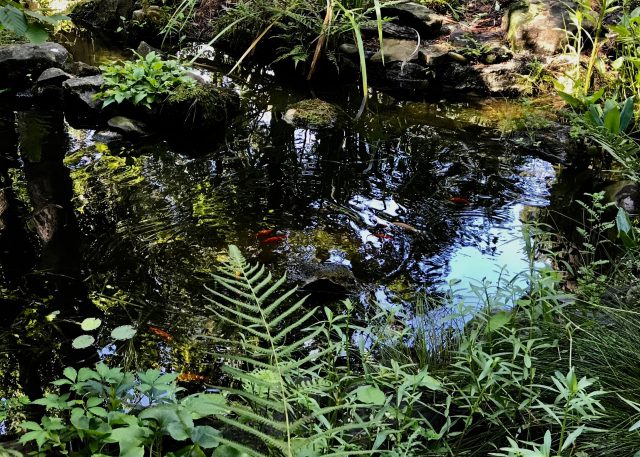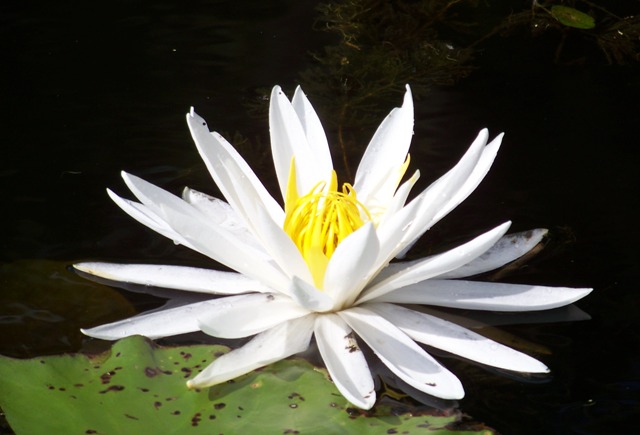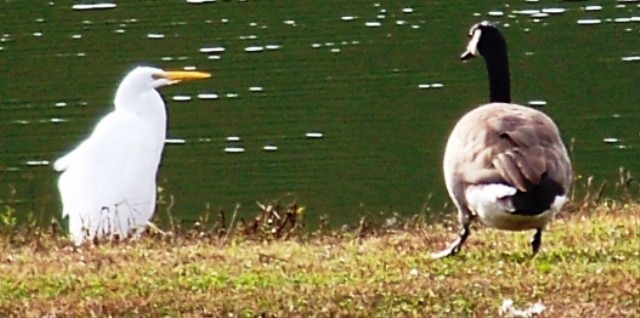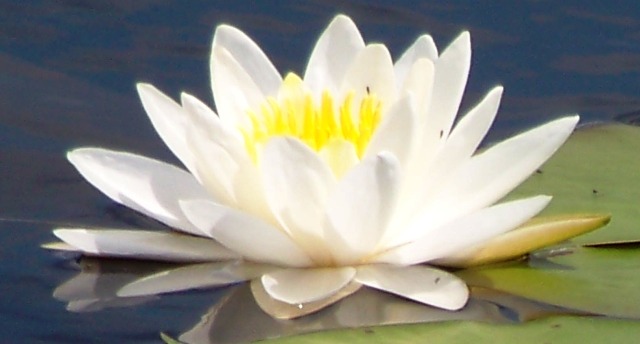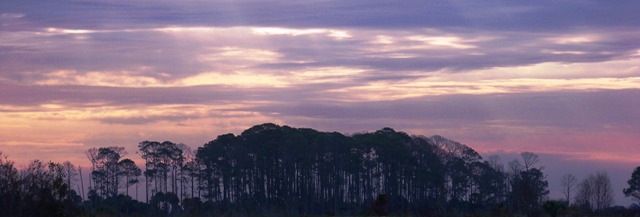In what now feels like a year that never was, I drafted a new year’s blog post. But then it wasn’t a new year anymore but more of 2020, albeit a bridge too far. Soon, 2021 overshadowed almost every year of this republic’s history with the attempted overthrow of the government, deliberately deadly and publicly provoked by a president of the United States.
We knew Trump did not lose well but we gave him sense enough not to incite an insurrection. No one had taking hostage/killing members of Congress on their bingo card, all to overturn an election that had been won fairly and soundly, one of the most secure we have had in the U.S.
Shakespeare warned us of such a man: “O, it is excellent to have a giant strength, but it is tyrannous to use it like a giant.” But Trump was less a giant and more an orange balloon inflated with lies, flying the skies of the world of alternative facts, where, it turns out, Trump did not have leaving the presidency on his bingo card.

Leaving was almost more than he could do that final Wednesday morning. More than once he looked back before boarding Air Force One for the last time, hoping that something, anything, would change but it didn’t. He had lost the presidency. In those last moments reality dawned, and the magnitude of his loss was laid bare. Within 24 hours, The Proud Boys and QAnon denounced him as “flaccid and weak.” Turns out he was not a messianic warrior but just an American citizen who was once a president.
And in this moment, I found an ounce of compassion for him, as he surveyed the waste land of his brand, all of it all his doing. Not one of his last words moved me for they were the same old lies. It was the pain on his face, the realization that he was losing the power of the presidency and the standing in the world it gave him—all that comes with being president—so much of which he never bothered to learn. Maybe that’s why he sounded somewhat presidential; he finally felt the depth of what he was losing. Even thugs have moments of revelation.
On Martin Luther King Day I found these words from a very young Thich Nhat Hanh, re-printed in an article from Parallax Press: “this country is able to produce King but cannot preserve King. You have him, and yet you do not have him.” We are a country that has produced Martin Luther King and Donald John Trump, a divide we have lived for centuries.
We are a cacophony of ideas and beliefs, opposing chasms whose common ground lies buried with truth, deep within a myriad of caverns. We fly hashtags as if they were our flag, hoping the romantic will take root and with the dawn, we will see in each other what we daily deny. These are not easy bridges we must now build. We do not lack the wherewithal but can we keep our compassion?
Living without just a drop of empathy for Trump left me empty, fertile ground for the bitter roots of snark and cynicism—my time in his wasteland—that I left with him on inauguration morning. It is ours to write “…the story that tells ages yet to come that we answered the call of history. We met the moment. That democracy and hope, truth, and justice, did not die on our watch but thrived” (President Joe Biden).
It’s hard to bring the better self to the surface every day but just an ounce of compassion will keep us afloat.


